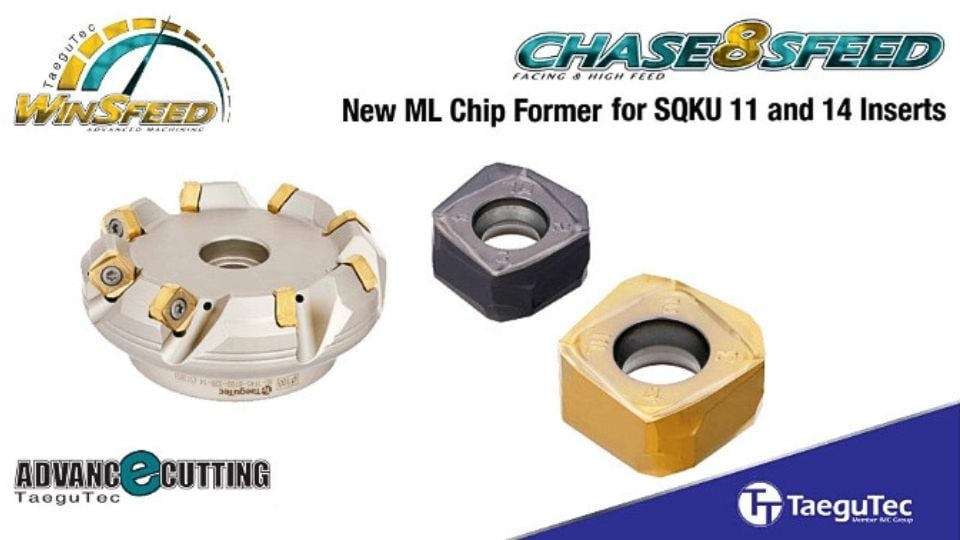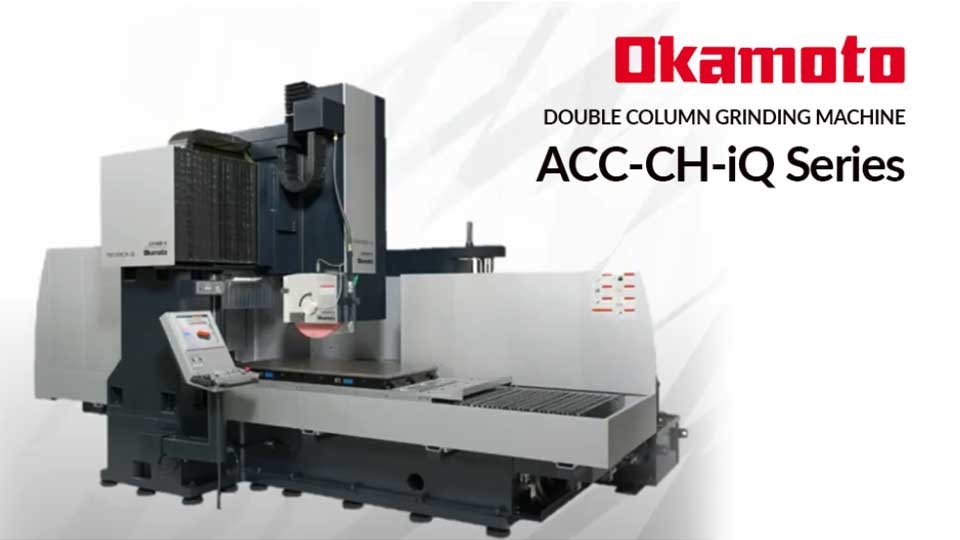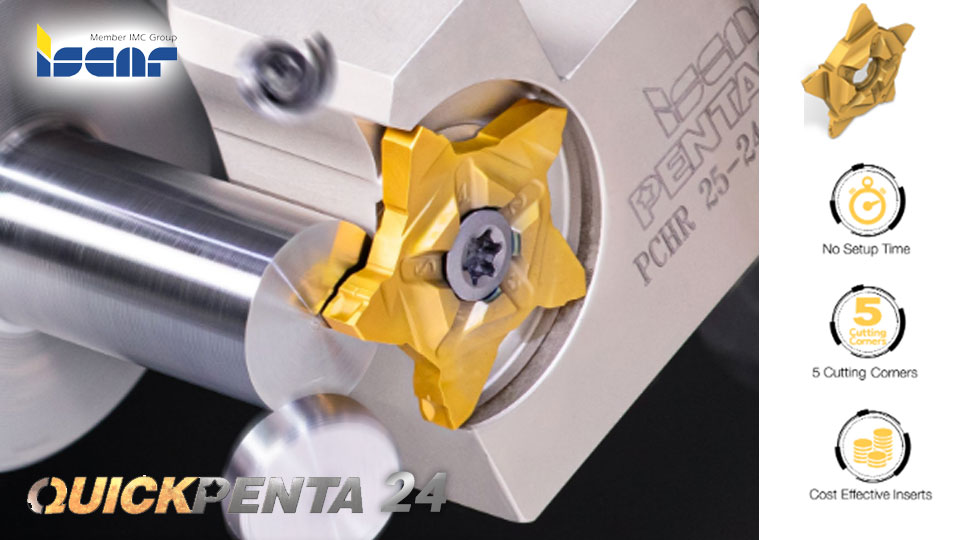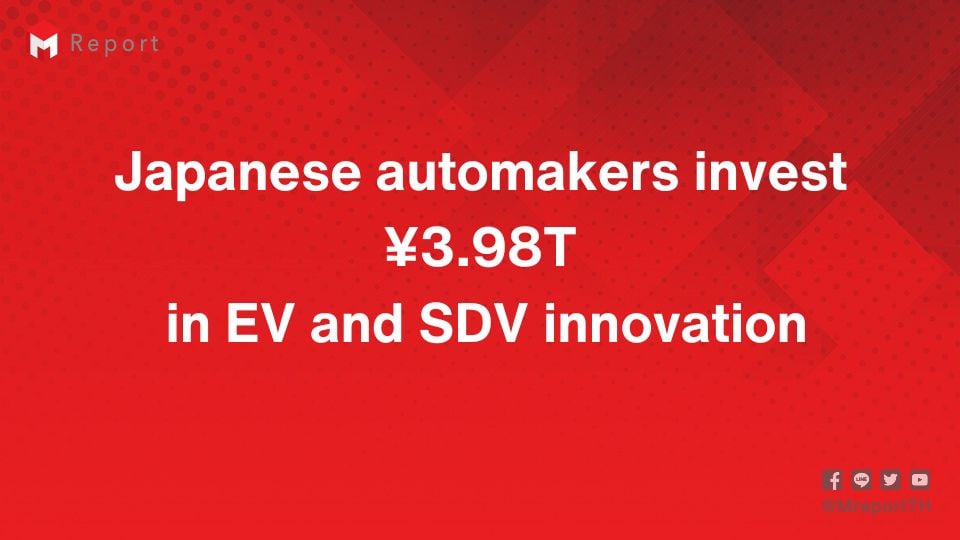
Japanese Automakers Sustain High R&D Spending at ¥3.98 Trillion, Driving EV, SDV, and Carbon-Neutral Innovation
Despite global economic uncertainty, nine leading Japanese automakers are sustaining robust investment plans for the fiscal year ending March 2026, channeling a total of ¥3.976 trillion into research and development. The focus spans electrification, software-defined vehicles (SDVs), autonomous driving, and carbon neutrality, reinforcing the industry’s shift from hardware-centric to software-driven value creation.
With the advent of SDVs and autonomous driving, the value of cars is increasingly defined by software capabilities. In addition to vehicle electrification and intelligence, achieving carbon neutrality (CN)—essentially zero greenhouse gas emissions—and meeting environmental regulations remain critical priorities. Even excluding Mazda, which has not disclosed its R&D investment plans, overall spending remains at historically high levels, up about 40% from ¥2.8293 trillion in fiscal 2017.
| Advertisement | |
Company Highlights for FY2026
-
Toyota Motor Corp. expects R&D spending to rise 3.3% from the previous fiscal year to 1.37 trillion yen.
-
Nissan Motor Corp. will boost investment by 1.8% to 630 billion yen, targeting EVs and next-generation vehicle development.
-
Honda Motor Co. projects a 1.7% reduction to 1.19 trillion yen, though exchange rates keep investment levels elevated.
-
Suzuki Motor Corp. plans a significant 13% increase to 300 billion yen, with half dedicated to its “SDV Light” initiative for affordable electrification.
-
Subaru Corp. will reduce spending by 12.5% to 140 billion yen, returning to normal levels after a temporary spike in ICE and EV development costs in FY2025.
-
Mitsubishi Motors Corp. will maintain spending at 126 billion yen, focusing on strengthening its development base and meeting CN targets.
-
Isuzu Motors Ltd. plans a 16.8% increase to 160 billion yen, including ¥17.4 billion for autonomous driving and ¥7.4 billion for CN-related initiatives.
-
Hino Motors Ltd. will increase spending by 9.1% to 60 billion yen, shifting resources from compliance-related costs to product development for ICEs, EVs, and FCVs.
Industry Context and Outlook
As the performance and functionality required of vehicles grow more advanced, continuous R&D investment is essential to enhancing value and meeting evolving consumer and regulatory demands. Efficiency improvements, including collaboration with strategic partners, are expected to further optimize returns on investment.
Even amid an uncertain market environment, Japanese automakers are pressing ahead with the creation of attractive, technologically advanced vehicles that align with global trends toward electrification, automation, and sustainability.
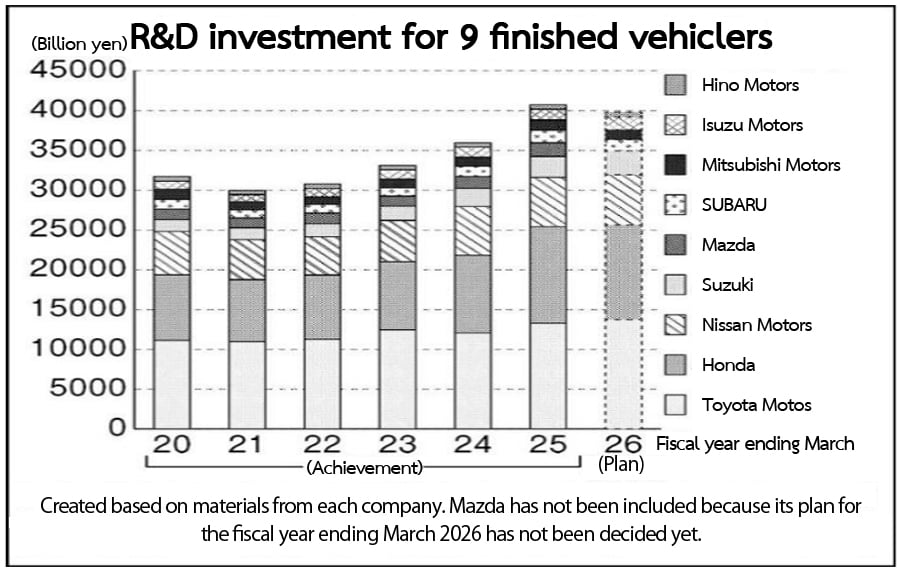
Source: Nikkan Kogyo Shimbun



